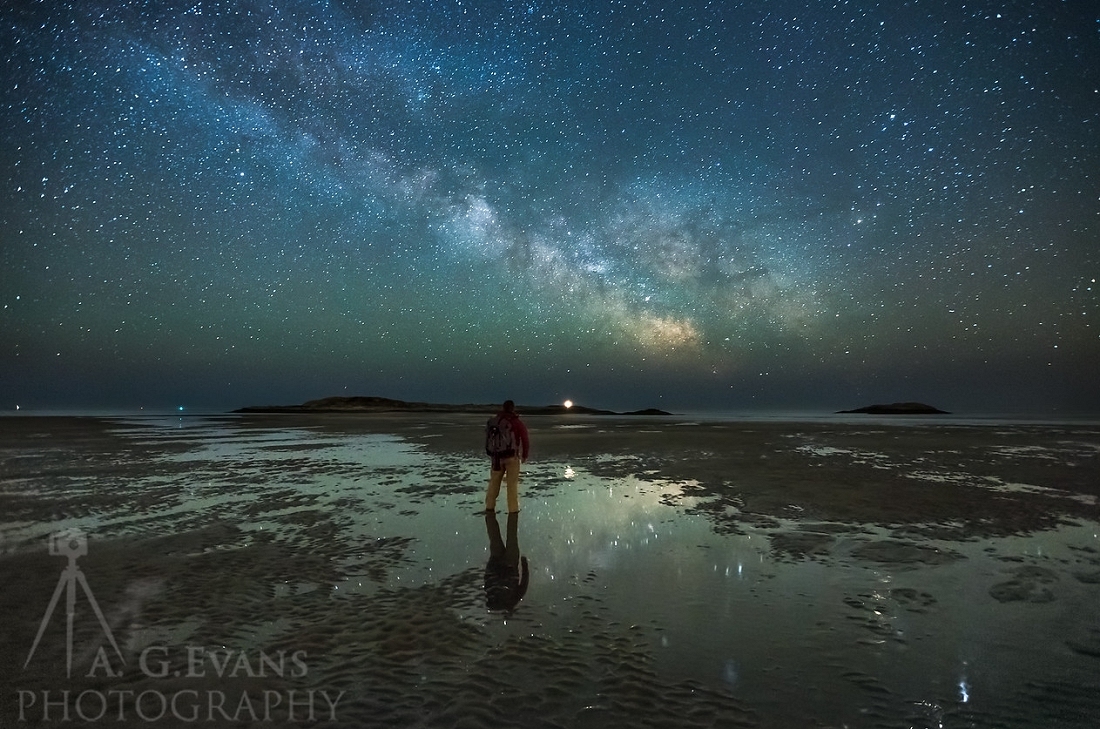
Few things are as awe-inspiring as taking in a clear night sky. While early civilizations believed the Universe consisted merely of what can be seen with the naked eye, some of today’s astronomers estimate there may be at least 100 octillion stars out there (that's “1” with 29 zeros after it).
Star count aside, the real question that virtually everyone has pondered at some point in their life is whether or not we’re alone in the Universe.
With this week’s open forum, we’re curious to hear what you think on the subject. Do you believe we’re the only intelligent life in the vast Universe? Will we one day make contact with alien life forms? Chime in with your opinion in the comments section below!
Image courtesy A.G. Evans Photography
https://www.techspot.com/news/62866-weekend-open-forum-alone-universe.html